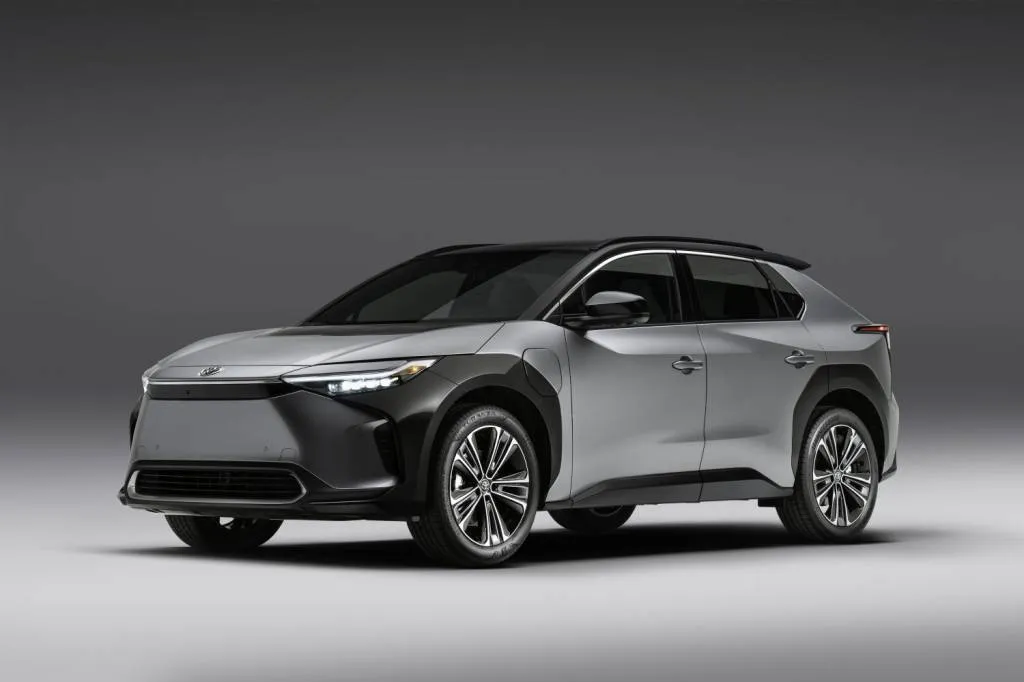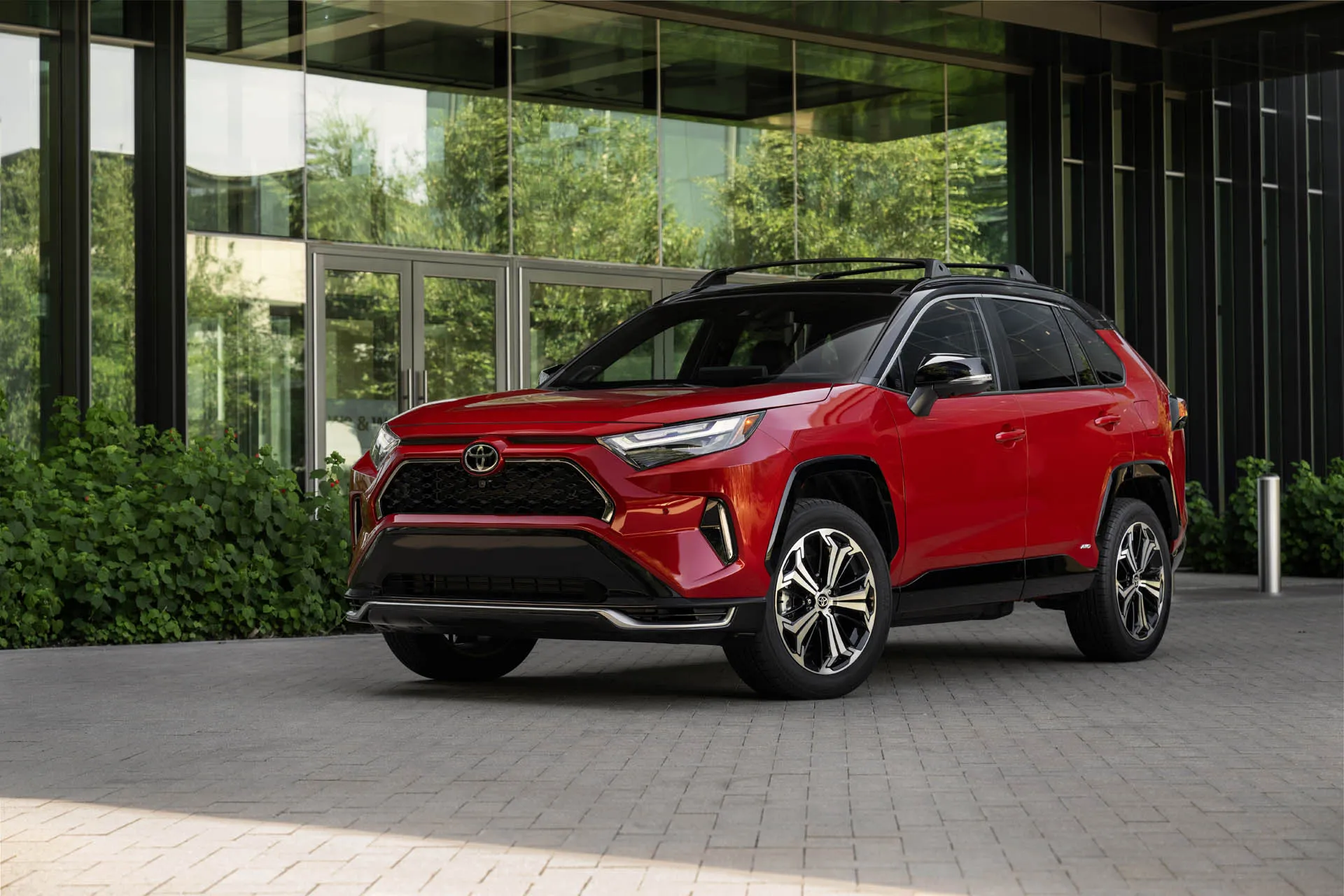- Toyota knows the end is coming for pure gas-powered cars
- Electrified models, mostly hybrids, accounted for 48% of Toyota’s U.S. sales in September
- Toyota has a three-row electric SUV on the way in 2026
Toyota believes it’s nearing the point where sales of hybrids, plug-in hybrids, electric vehicles, and hydrogen fuel-cell vehicles will overtake pure internal-combustion cars in the U.S.—and is weighing whether to end sales of non-hybrid combustion models entirely.
“In the U.S., there is a decision being made now—and I’m not a part of it—as to whether to stop making pure ICE for [the] U.S. market,” Gill Pratt, Toyota’s chief scientist, said in an interview with Bloomberg. “Just the fact that we’re thinking of that means that, OK, we must be close.”
2025 Toyota Land Cruiser
Toyota’s electrified models—including hybrids, plug-in hybrids, and fuel-cell vehicles, as well as EVs—accounted for 48% of the automaker’s U.S. sales in September, Bloomberg noted, compared to 20% for the same period two years ago.
Much of the heavy lifting is being done by hybrids. Nearly every model in Toyota’s U.S. lineup currently offers a hybrid powertrain, and some—including the Camry midsize sedan, Sequoia full-size SUV, Sienna minivan, and even the iconic Land Cruiser—are available only as hybrids.

2024 Toyota bZ4X
Toyota also continues to offer plug-in hybrid versions of the Prius and RAV4, although it’s nixed the Prime badge for those models for easier recognition by customers. It also sells the hydrogen fuel-cell Mirai sedan in California, but infrastructure problems have made owning a hydrogen car somewhat impractical even in that state, which remains the only one with anything close to a proper network of fueling stations.
The only all-electric models Toyota sells in the U.S. are the bZ4X and related Lexus RZ, but that’s about to change. Toyota plans to start building a three-row electric SUV at a plant in Kentucky in 2026, with batteries supplied by a new North Carolina factory. On a global level, the automaker recently announced a tenfold boost in EV production by 2026, and confirmed that it’s moving ahead with low-volume production of potentially game-changing solid-state batteries.
